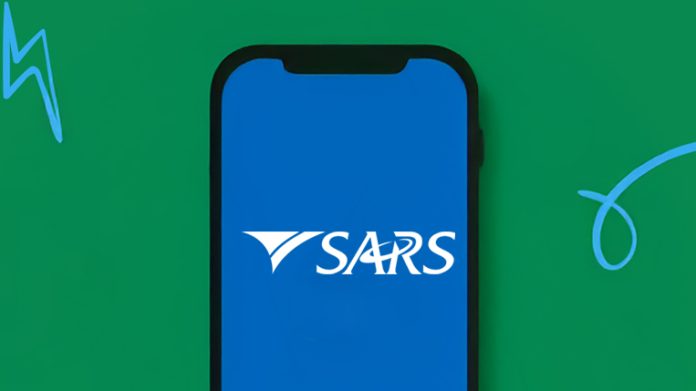The South African Revenue Service (SARS) is cracking down on influencer income, making it clear that all earnings, whether it’s money, free products, trips, or services — counts as taxable and must be disclosed.
The taxman’s list just got longer — influencers are now part of SARS’ tailored approach to taxpayers, grouped with gig economy and government sectors in what the agency says is part of its expanding segmentation model.
According to SARS, social influencers are savvy entrepreneurs making money through their platforms. They’ll be taxed like independent contractors, with their income reviewed one-on-one to fit the current tax brackets.
SARS has observed that “most marketing budgets are contracting social personalities to lend their image to digital platforms,” showing a clear move from traditional agencies to individuals with big followings. As this “marketing spend-mix changes,” the tax agency is adapting its education and compliance efforts to keep up with how work is evolving.
SARS stresses the importance of transparency, reminding influencers that “products, services, or travel” given in exchange for work must be declared as income. The agency believes that “when taxpayers are clear and certain of their obligations, they comply voluntarily.” To support this, they’ve rolled out webinars, explainer videos, and educational content to make the process easier to follow.
Who Are They Talking About?
They’re focusing on influencers—people who earn money (or receive free products, trips, services, etc.) in exchange for promoting brands or content on platforms like Instagram, YouTube, or TikTok.
What Counts as Taxable Income?
Even if influencers are not paid in cash, anything of value they receive is considered income and must be declared. This includes:
• Free products or clothing
• Paid travel experiences
• Sponsored posts
• Affiliate marketing earnings
• Brand partnerships
What Are Influencers Expected to Do?
• Declare all income, cash or non-cash.
• Register as a taxpayer (if they’re not already).
• Submit returns—possibly as provisional taxpayers (because they don’t earn a fixed salary).
• Keep records of everything they receive and earn.
How Will SARS Help?
SARS says it will:
• Educate influencers about their tax duties
• Provide tools, videos, and webinars to guide them
• Work case-by-case to help with compliance
• Make the tax process easier and clearer
Why Does This Matter?
SARS knows the digital world has changed how people earn money, especially in the gig economy (freelancers, influencers, creators). As brands spend less on traditional ads and more on individuals, SARS wants to make sure everyone pays their fair share to support the country.
In a statement clearing the matter, SARS stated that “although the social-influencer segment has its own nuances, it is no different to other taxpayer segments in that income earned must be disclosed and taxed. Freelance work is similar. Citizens working as social influencers are encouraged to declare income earned from brand collaboration, sponsored content, and affiliate marketing, whether they have been paid in cash, products, or services. These taxpayers, like all others, are making a significant contribution to the health of our country and its democracy.”






